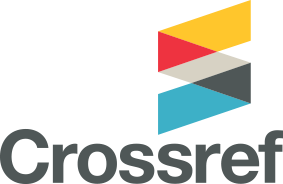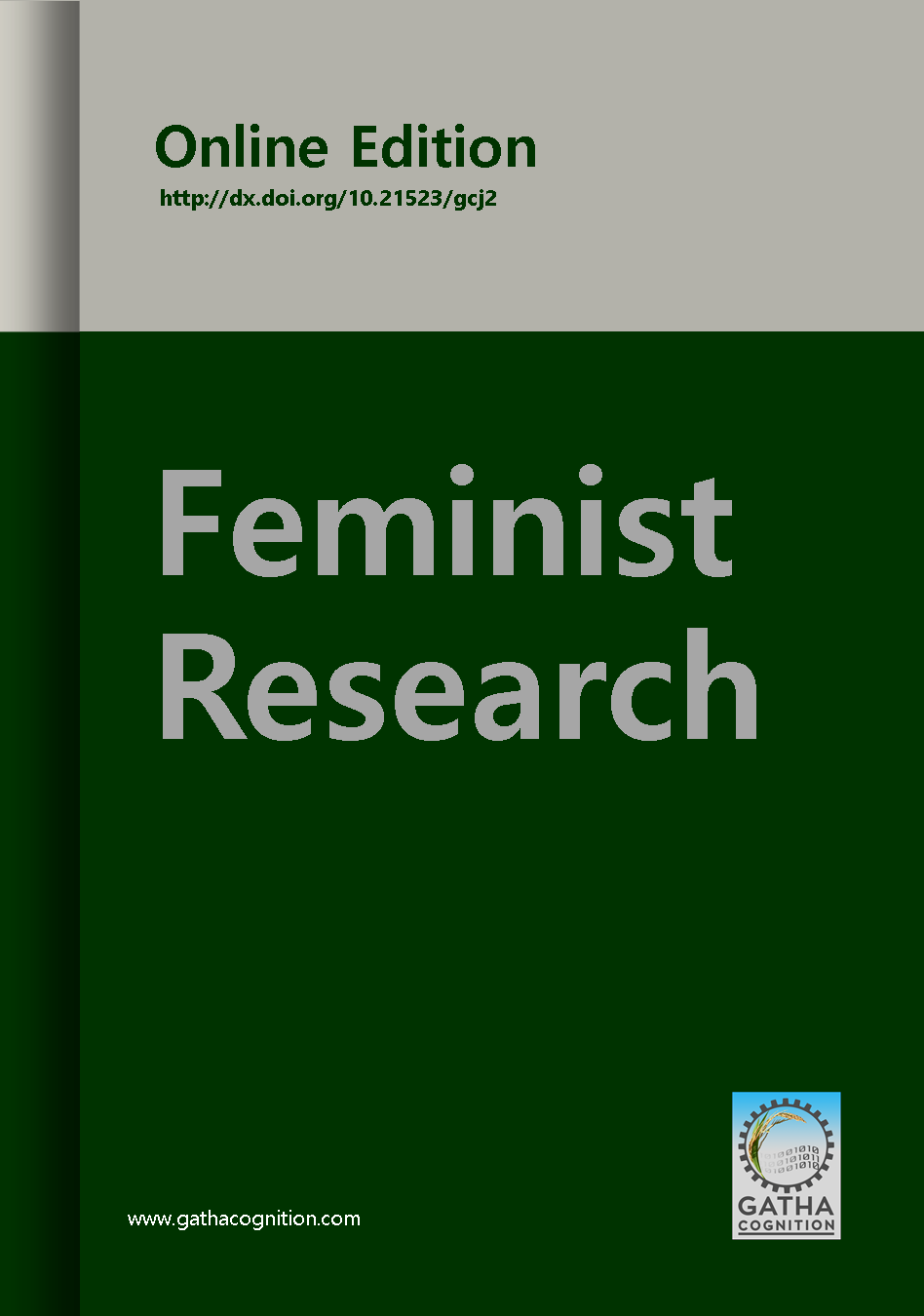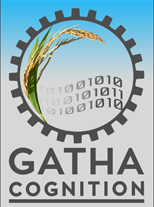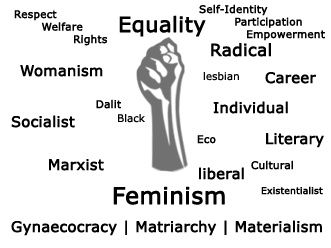Article Title :
Moroccan Women’s Movement Effective Agency in the Aftermaths of the Arab Spring
4 (2020)
18-27
Democracy , effective agency , Moroccan Women’s Movement , Morocco


Before the constitutional reforms of 2011 in Morocco, women’s movement in Morocco has - in many cases - stepped over the assumed democratically elected institutions and resorted directly to the king, to instigate reforms and change laws to attain its objectives. This has resulted in the reinforcement of the existing system of government and contributed to trivializing activism in Morocco. The 2011 political atmosphere and constitutional reforms have offered a momentum for women’s movement to thrive and reemerge as a powerful actor with more rights and significant roles in the political arena. In this regard, this paper aims to explain how women’s movement organization have become very efficient in actions namely after the new progressive provisions of the 2011 constitution. To achieve this, the paper uses a comparative approach to women’s movement activism in Morocco before and after 2011 constitutional reforms. It makes use of my doctorate research findings (2012) on women’s movement in Morocco, and on following the movement’s mobilizations during and after Arab spring on the ground and through media.

Moroccan women’s movements are efficiently mobilized in the aftermaths of the Arab Spring.
The study compares the Moroccan women’s movement activism before and after 2011 constitutional reforms.
The focus is on cases or issues in which the movement has used the provisions of the 2011 constitution to hold the government accountable.
Moroccan women’s movement changing modes of action shows a development towards more maturity and efficiency in its activism and mobilizations to ask for specific rights.
ADFM [Association Democratiques des Femmes du Maroc], 2011. For a Constitution That Guarantees Effective Equality of Women and Men as an Indicator of Democracy. Memorandum Presented to the Advisory Committee for the Revision of the Constitution. Retrieved Aril, 2012.
Baker, A. 1998. Voices of Resistance: Oral Moroccan Histories. New York, State University of New York Press.
Brand, L. A., 1998. Women, the State, and Political Liberalization: Middle Eastern and North African Experiences. New York: Columbia University Press.
Chafaai, L., 1993. Alharakanisai’yawa alamojtma3 lamadani: moulahadatawalitya. (In Arabic). Feminist movement and civil society: preliminary observations. Afaq. 102, 100-108.
Collectif 95 Maghreb Egalite. 1999. Women in the Maghreb: Change and Resistance. Rabat: Friedrich Ebert Stiftung.
Global Post, 2012. Moroccan women build land rights movement [Online]. Retrieved August, 10, 2013.
Sadiqi, F. 2003. Women, Gender, and Language in Morocco. Leiden and Boston: Brill Academic Publishers.
Sadiqi, F. 2015. Women’s organizing in Morocco in light of a post Arab spring moment and an Islamist government. In Zeina Zaatari and Suad Joseph (Eds.), Encyclopedia of Women and Islamic Cultures. Suplement XI. Political-Social Movements: Community Based. Leiden: Brill Academic Publishers.
Sadiqi, F., 2006. The impact of islamization on Moroccan feminisms. Signs: Journal of Women in Culture andSociety ,32(1), 32-40.
Yachoulti, M., 2007. Women and the Moroccan state: The struggle over the ossue of citizenship”, a paper presented in Politics and Gender: On Citizenship, Representation and Reform, a panel for the German Congress of Oriental Studies. September 24 – 28, Freiburg im Breisgau – Germany.
Yachoulti, M., 2012. Civil Society, Women’s Movement and the Moroccan State: Addressing the Specificities and Assessing the Roles. A published Doctoral Dissertation, Saarbrücken, LAP Lambert Academic Publishing.
Yachoulti, M., 2016. Women of February 20th Movement in Morocco: a new feminist consciousness. In Sadiqi, F., Ennaji, M. and Vintges, K., (Ed.) (2016). Moroccan Feminisms, New Perspectives, Trenton& New Jersey, Africa World Press.



